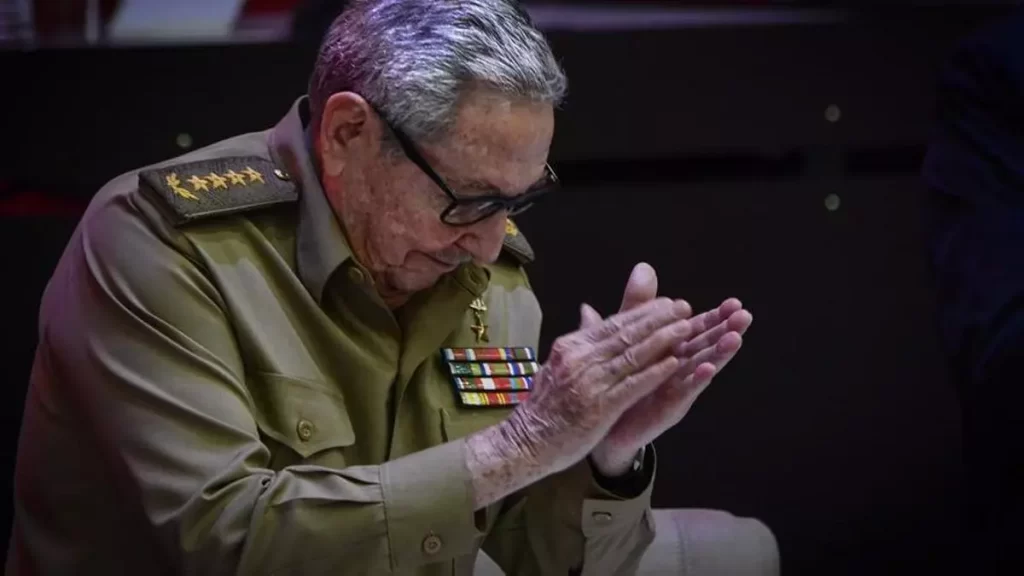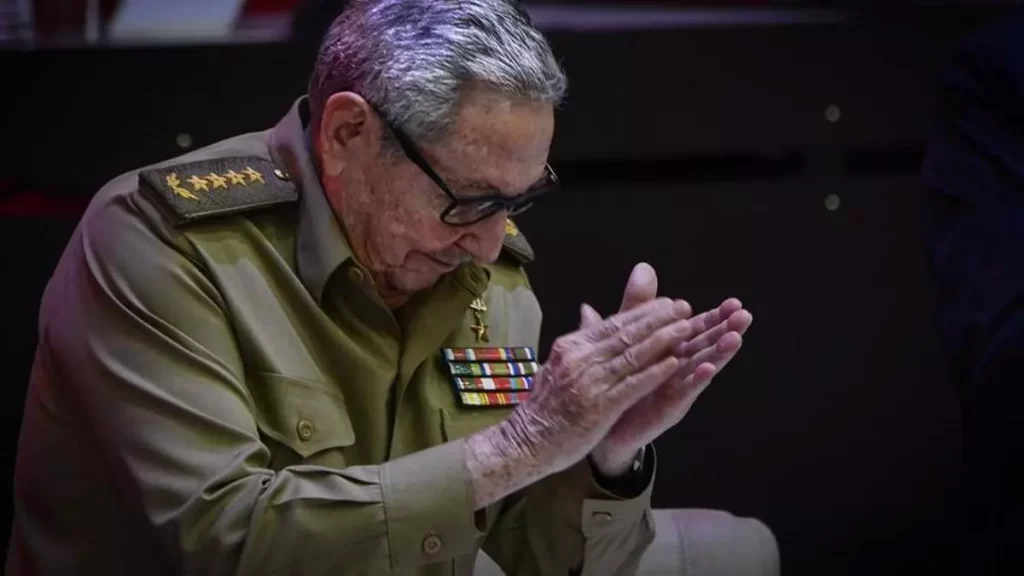
14ymedio, Madrid, 8 March 2024 — Two things have caught the immediate attention of the Cuban economist Mauricio de Miranda Parrondo in the brief statement with which the opening of an investigation against the former Minister of Economy and Planning Alejandro Gil was announced on Thursday. The first is the concern for what “the enemy” will say and not the Cuban people; the second, how much it reveals about the inability of the system to really fight corruption.
“As expected, the enemy will unleash a new propaganda campaign against Cuba, but our people, as we are accustomed to, will remain firm on the side of their Party and Government, faithful to the legacy of the Commander-in-Chief and the teachings of Army General Raúl Castro Ruz,” closes the statement, signed by the President of the Republic, Miguel Díaz-Canel.
“Really? Is that what the opinion polls say or are they no longer being carried out? The more than 500,000 Cubans who have left the country in two years selling houses and furniture don’t count? And are those who are silent out of fear also on the side of the Party and the Government or rant about it in a low voice in their kitchens as was the case in the former USSR?” wrote the economist, a professor at the Javeriana University of Cali (Colombia), almost immediately after he heard the news.
Do the more than 500,000 Cubans who have left the country in two years selling houses and furniture not count?
In an extensive reflection, shared on his Facebook page, the expert addresses the differences that exist in a case of corruption in a democracy and in a dictatorship without separation of powers. “There is corruption in almost every political system in the world. What happens is that this scourge has a propitious breeding ground in those countries where there are no independent legal controls and audit mechanisms.”
In case there were doubts, the official report makes it crystal clear that the investigation will be carried out “at the proposal of the Attorney General’s Office, the Political Bureau of the Central Committee of the Party and the Council of State,” which “approved that the competent bodies of the Ministry of the Interior initiate the corresponding actions for the total clarification of these behaviors.”
Contrary to other systems, in Cuba it is the Party and the Government who give the order to the Police to start an investigation, which means that nothing will ever be known that the authorities do not want known. “The explosion of scandals will depend on the ’scapegoat’ on duty,” warns De Miranda.
The economis


